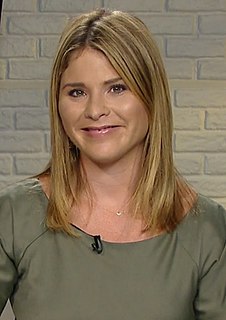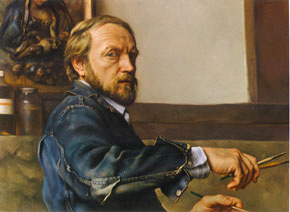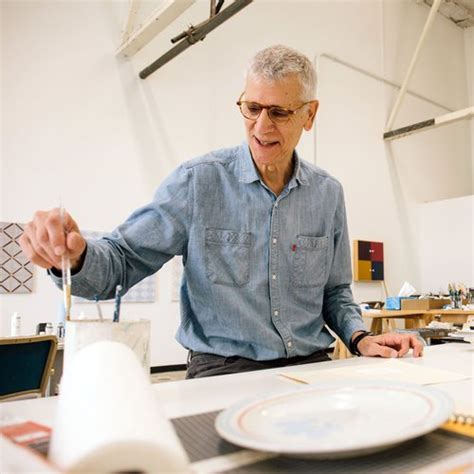A Quote by Jenna Bush
You have to give kids things they're interested in reading. That's what teachers do who are engaged in what their students want.
Related Quotes
What do teachers and curriculum directors mean by 'value' reading? A look at the practice of most schools suggests that when a school 'values' reading what it really means is that the school intensely focuses on raising state-mandated reading test scores- the kind of reading our students will rarely, if ever, do in adulthood.
When my kids were growing up, I wanted their teachers to teach them science, reading, math and history. I also wanted them to care about my kids. But I did not want my children's public school teachers teaching them religion. That was my job as a parent and the job of our church, Sunday school, and youth group.
We got interested in aesthetics, and then at the end of all of it we fell off the precipice. It's almost like crawling back because so many techniques are lost, and so we're going to have a [small] reserve of teachers who can teach the vast number of interested students. We have these poor, hungry, starving people who want to learn something and no place to get it. It's a tragedy.
After every massacre in a school, Americans grasp at quick cures. 'Let's install metal detectors and give guns to teachers' Let's crack down on troublemakers, weeding out kids who fit the profile of a gunman. Let's buy bulletproof whiteboards for the students to scurry behind, or train kids to throw erasers or cans of soup at an attacker.'
By believing that only some of our students will ever develop a love of books and reading, we ignore those who do not fall into books and reading on their own. We renege on our responsibility to teach students how to become self-actualized readers. We are selling our students short by believing that reading is a talent and that lifelong reading behaviors cannot be taught.
I was interested in theatre, and the only experience that I had in high school was as an actor. But when I got in Conservatoire, my teachers would give me a lot of flack because I wasn't rehearsing my lines; I'd be doing stage management. I was interested in sound. I was interested in architecture. I was interested in every aspect of theatre.
I definitely felt by the time I got to grad school - which was a great experience - I was like, 'What's the difference between the teachers and the students? Why are the teachers teachers if they want to be acting?' It didn't make sense to me anymore. It's not like you learn how to set a broken bone and you get the stamp of approval.



































